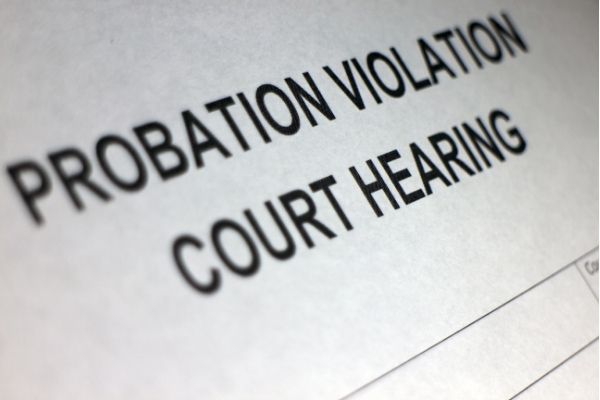Probation violations can lead to consequences which range in degree of severity. These consequences can be severe. The punishment for violating your probation will depend on the violation, the terms of your probation, and your criminal record. Potential punishments include a longer and/or stricter probation and jail or prison time.
In North Carolina, there are several ways you can violate your probation. Common probation violations include:
- missing a scheduled court date or meeting with your probation officer
- failing to complete community service requirements
- visiting prohibited places or individuals
- failing to pay fines or fees associated with your probation
- failing to obtain employment
- leaving the state
- committing a crime
You will typically be contacted by your probation officer if he or she believes you are in violation of your probation.
If you are charged with a probation violation in North Carolina, the first thing you should do is contact an attorney. An attorney can inform you of your rights and work to build a defense for you. Defenses may consist of witnesses who can confirm your whereabouts and other evidence that contradicts the allegations against you. An attorney can also advise you in regard to what to say and what to refrain from saying to law enforcement and your probation officer. This will ensure you do not accidentally or unknowingly make statements, which could be used as evidence against you.
An additional relevant matter is whether your alleged violation was a technical violation or a substantive violation. Technical violations are less serious than substantive violations. Technical violations include things such as failing to pay required fees or failing to show up to a meeting. Any criminal offenses above a class three misdemeanor are substantive violations. Substantive violations also include acts of willfully evading your probation. One common example of a substantive violation is leaving the state without permission.
If you are charged with a technical violation, it may be possible to show that your violation was not willful. For example, an unforeseeable circumstance may have prevented you from making a required meeting. You will typically not be sent to prison for technical violations. In contrast, if you are charged with a substantive violation, you are at risk of more severe punishment. You may be ordered to continue the term of your probation in jail or prison.
At King Law our attorneys can help advocate for the least severe punishment possible for probation violations. Likewise, we can build defenses to attempt to show that your alleged violation was not willful. If you have any further questions about this process please give us a call at 888-748-KING (5464).


